The 95% Muslim country that has banned the hijab
Outlawing the headscarf is the latest chapter in Tajikistan's clampdown on Islamic culture
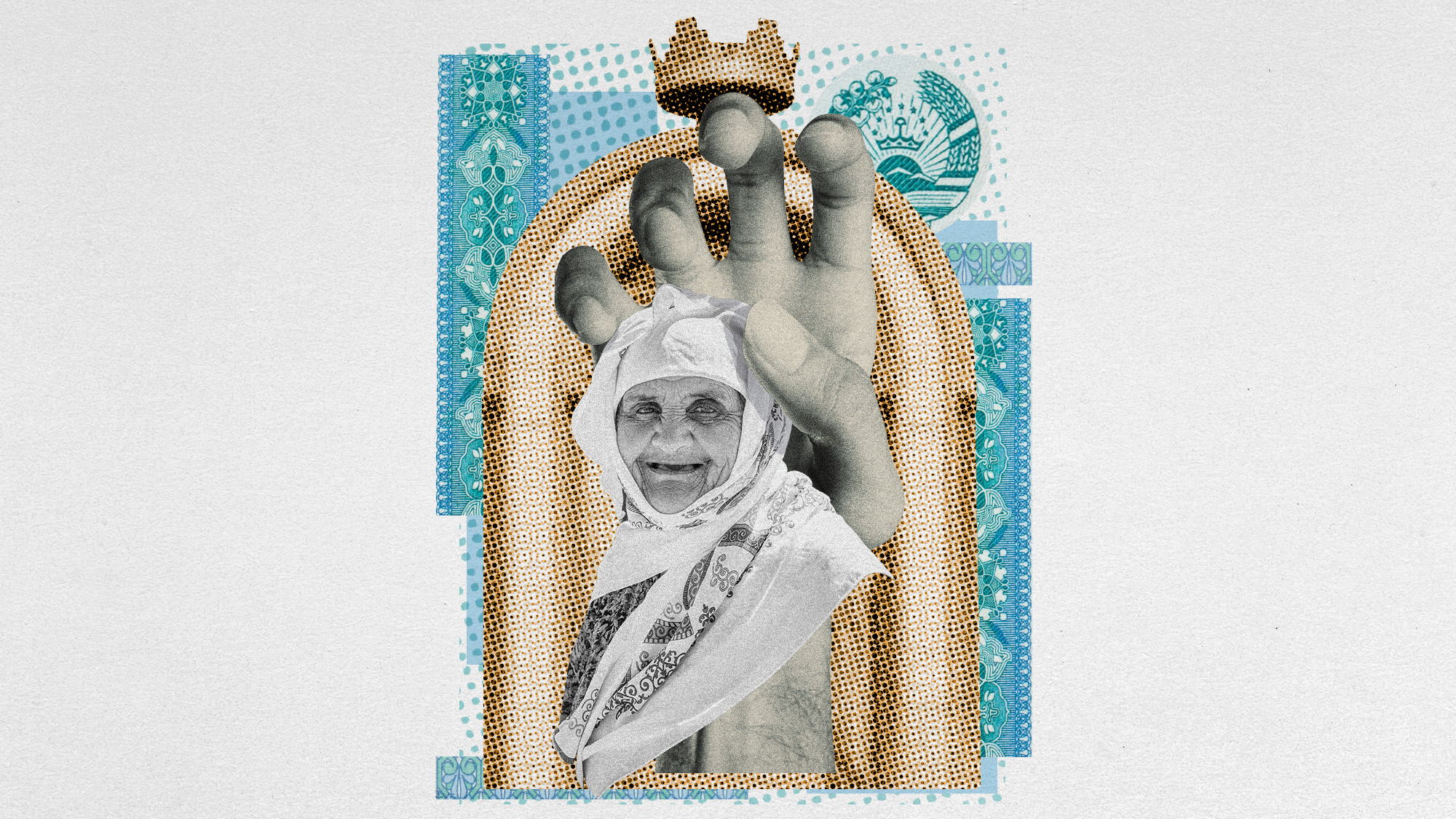
A free daily email with the biggest news stories of the day – and the best features from TheWeek.com
You are now subscribed
Your newsletter sign-up was successful
You might not expect a country with a 95% Muslim population to ban the hijab but that's exactly what happened in Tajikistan last week.
The central Asian nation's parliament has approved a bill to outlaw the hijab, describing it as an "alien garment". It has also banned the practice of youngsters going door to door collecting money during Eid, said Free Press Kashmir.
'Ancestral values'
In a statement, President Emomali Rahmon said that the hijab ban is aimed at "protecting ancestral values and culture". Those violating it will be fined on a scale ranging from 7,920 Tajikistani somoni (around £590) for ordinary citizens, 54,000 somoni (£4,000) for government officials, and 57,600 somoni (about £4,200) if they are religious figures.
The Week
Escape your echo chamber. Get the facts behind the news, plus analysis from multiple perspectives.

Sign up for The Week's Free Newsletters
From our morning news briefing to a weekly Good News Newsletter, get the best of The Week delivered directly to your inbox.
From our morning news briefing to a weekly Good News Newsletter, get the best of The Week delivered directly to your inbox.
The ban on headscarves is seen "as a reflection of the political line" that the government of president-for-life Rahmon has been "pursuing" since 1997, said Euronews.
His administration has "had its sights set on what they describe as extremism for a long time", said the news site, particularly since he blunted the influence of the Tajikistan Islamic Resurrection Party and then banned it altogether.
Rahmon is a polarising figure, who has held on to power in elections that "fall far short of being free or fair", said the BBC. His measures have sparked international attention: in 2023, the US Commission on International Religious Freedom designated Tajikistan a "country of special concern".
'Alien mannerisms'
Analysts have counted 35 religion-related measures taken by Rahmon's government. As part of an "anti-radicalisation campaign" in 2016, the Tajik police said they cut the beards of 13,000 men and closed 160 stores that sold headscarves. One man told the BBC he would never forget the humiliation he felt while being forcibly shaved at a police station.
A free daily email with the biggest news stories of the day – and the best features from TheWeek.com
Thousands of men were imprisoned for "adopting mannerisms alien and inconsistent with Tajik culture" and the president told people not to wear black, even during mourning. The authorities had previously told parents to give their children traditional Tajik names, rather than Arabic or foreign-sounding names.
In 2017, the Tajikistan Religious Affairs Committee said that almost 2,000 mosques were closed down in just one year, with some places of worship converted into tea shops or medical centres.
Experts believe the hijab ban was influenced by a terror attack in Moscow in April. Four of the attackers were said to have had Tajik passports, according to Russian authorities.
There are restrictions on Islamic religious dress in other countries, including France, which prohibits wearing "symbols or clothes through which students conspicuously display their religious affiliation," and Austria. In addition, Italy, Germany, Belgium, Norway and Bulgaria have laws prohibiting the use of Islamic garments.
Several Muslim-majority countries have banned the burqa and hijab in educational establishments and government buildings, including Tunisia, Kosovo, Azerbaijan, Kazakhstan and Kyrgyzstan.
A version of this article appeared in The Week's Global Digest newsletter. For a look ahead to the world each week, sign up here.
Chas Newkey-Burden has been part of The Week Digital team for more than a decade and a journalist for 25 years, starting out on the irreverent football weekly 90 Minutes, before moving to lifestyle magazines Loaded and Attitude. He was a columnist for The Big Issue and landed a world exclusive with David Beckham that became the weekly magazine’s bestselling issue. He now writes regularly for The Guardian, The Telegraph, The Independent, Metro, FourFourTwo and the i new site. He is also the author of a number of non-fiction books.
-
 Colbert, CBS spar over FCC and Talarico interview
Colbert, CBS spar over FCC and Talarico interviewSpeed Read The late night host said CBS pulled his interview with Democratic Texas state representative James Talarico over new FCC rules about political interviews
-
 The Week contest: AI bellyaching
The Week contest: AI bellyachingPuzzles and Quizzes
-
 Political cartoons for February 18
Political cartoons for February 18Cartoons Wednesday’s political cartoons include the DOW, human replacement, and more
-
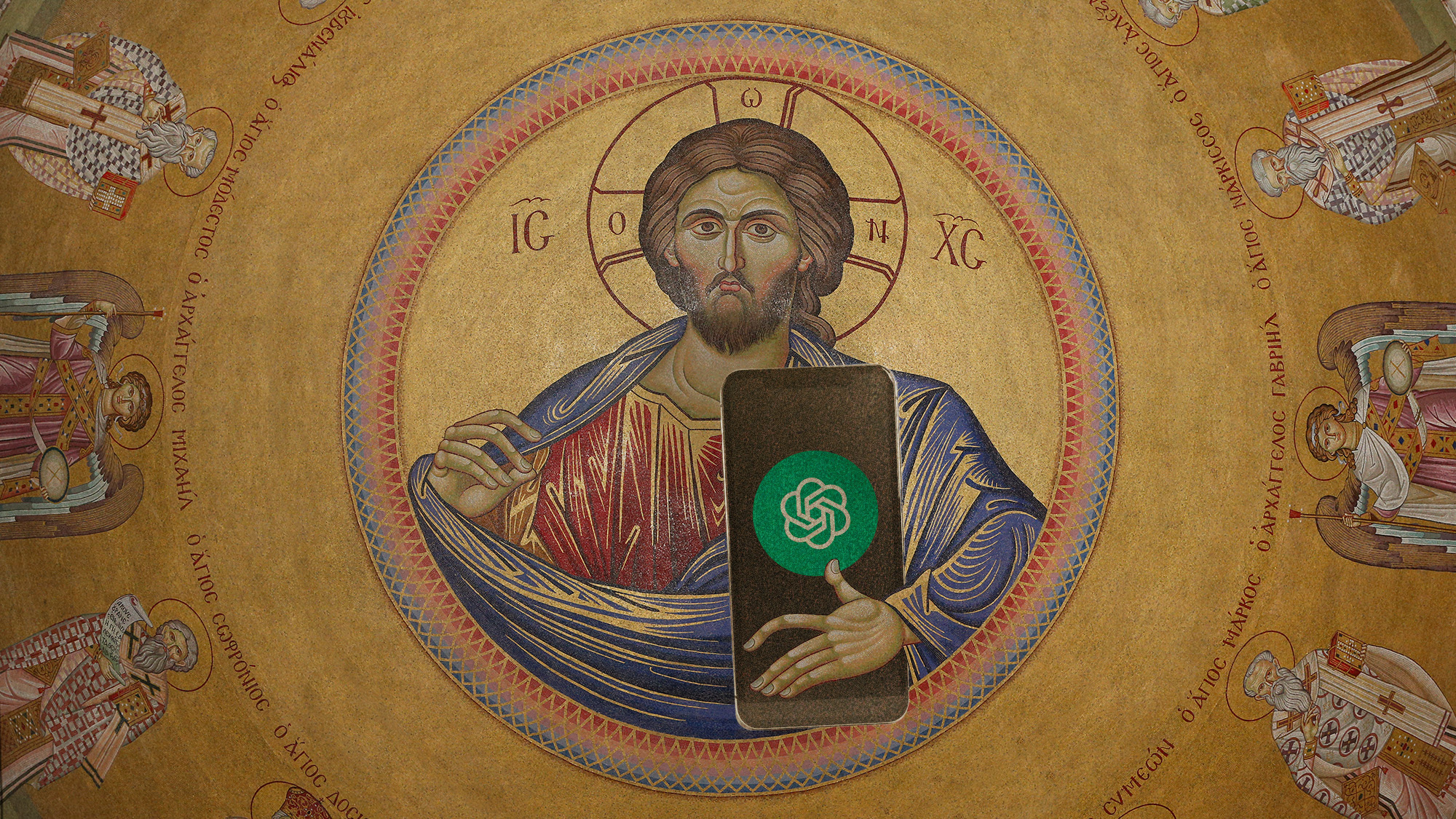 God is now just one text away because of AI
God is now just one text away because of AIUnder the radar People can talk to a higher power through AI chatbots
-
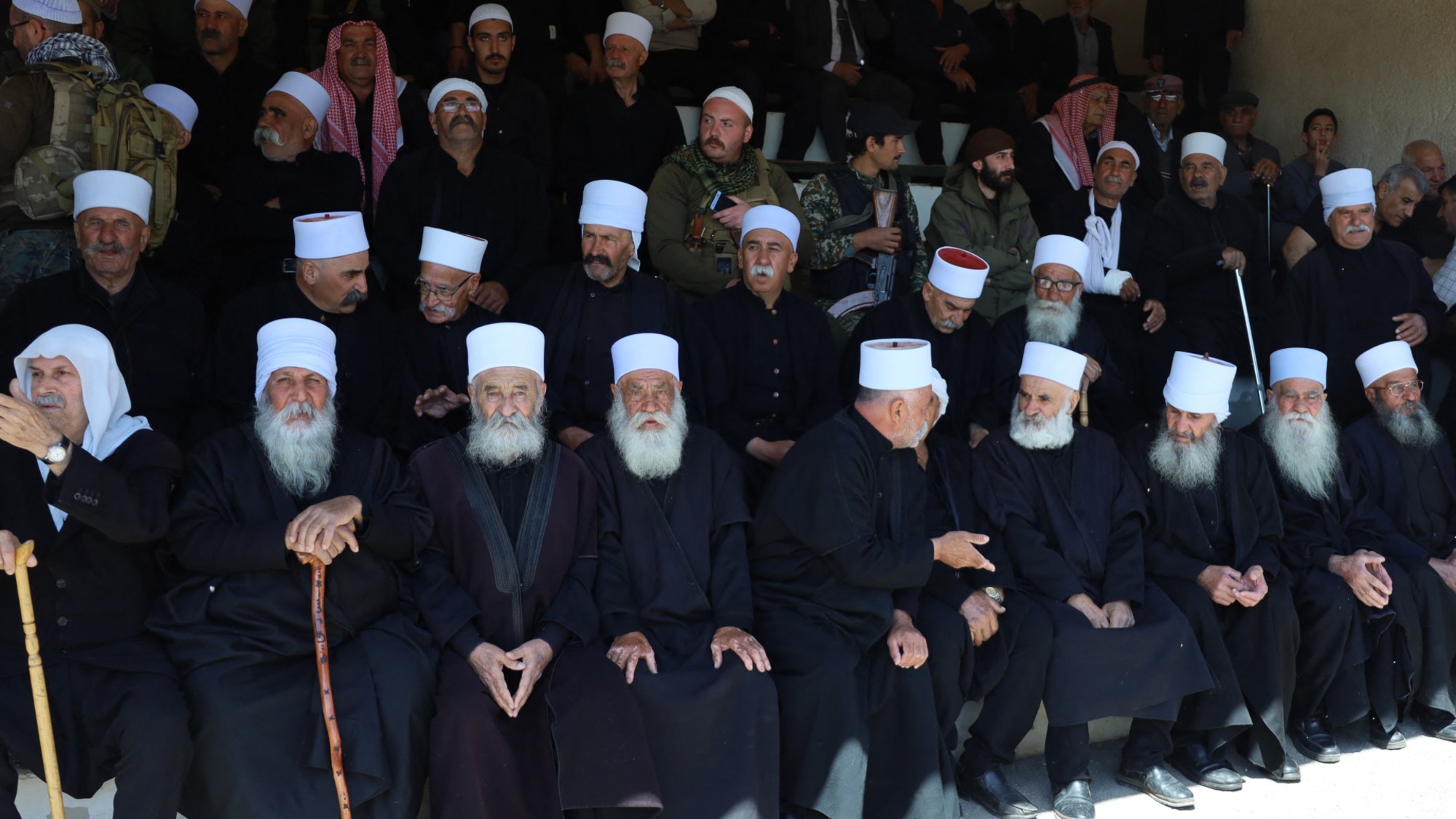 Syria's Druze sect: caught in the middle of Israeli tensions
Syria's Druze sect: caught in the middle of Israeli tensionsThe Explainer Israel has used attacks on religious minority by forces loyal to Syria's new government to justify strikes across the border
-
 Mennonites in the spotlight over Texas measles outbreak
Mennonites in the spotlight over Texas measles outbreakUnder the Radar Close-knit religious community claims it has been made a scapegoat for wider issue of anti-vax sentiment in rural West Texas
-
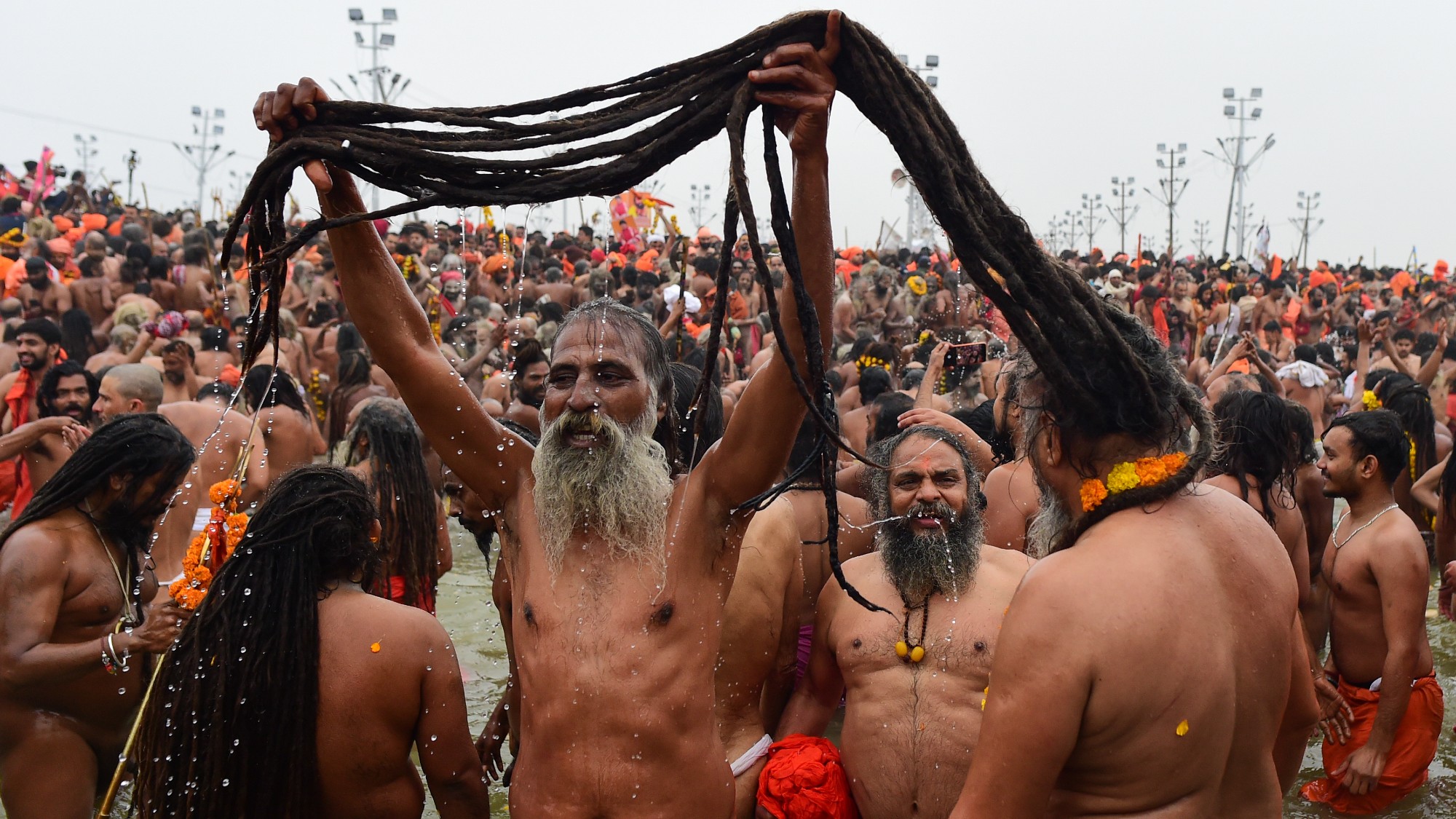 Maha Kumbh Mela: world's largest religious festival gets under way in India
Maha Kumbh Mela: world's largest religious festival gets under way in IndiaIn The Spotlight Politics of Hindu nationalism has cast a shadow over event touted as biggest ever gathering of humanity
-
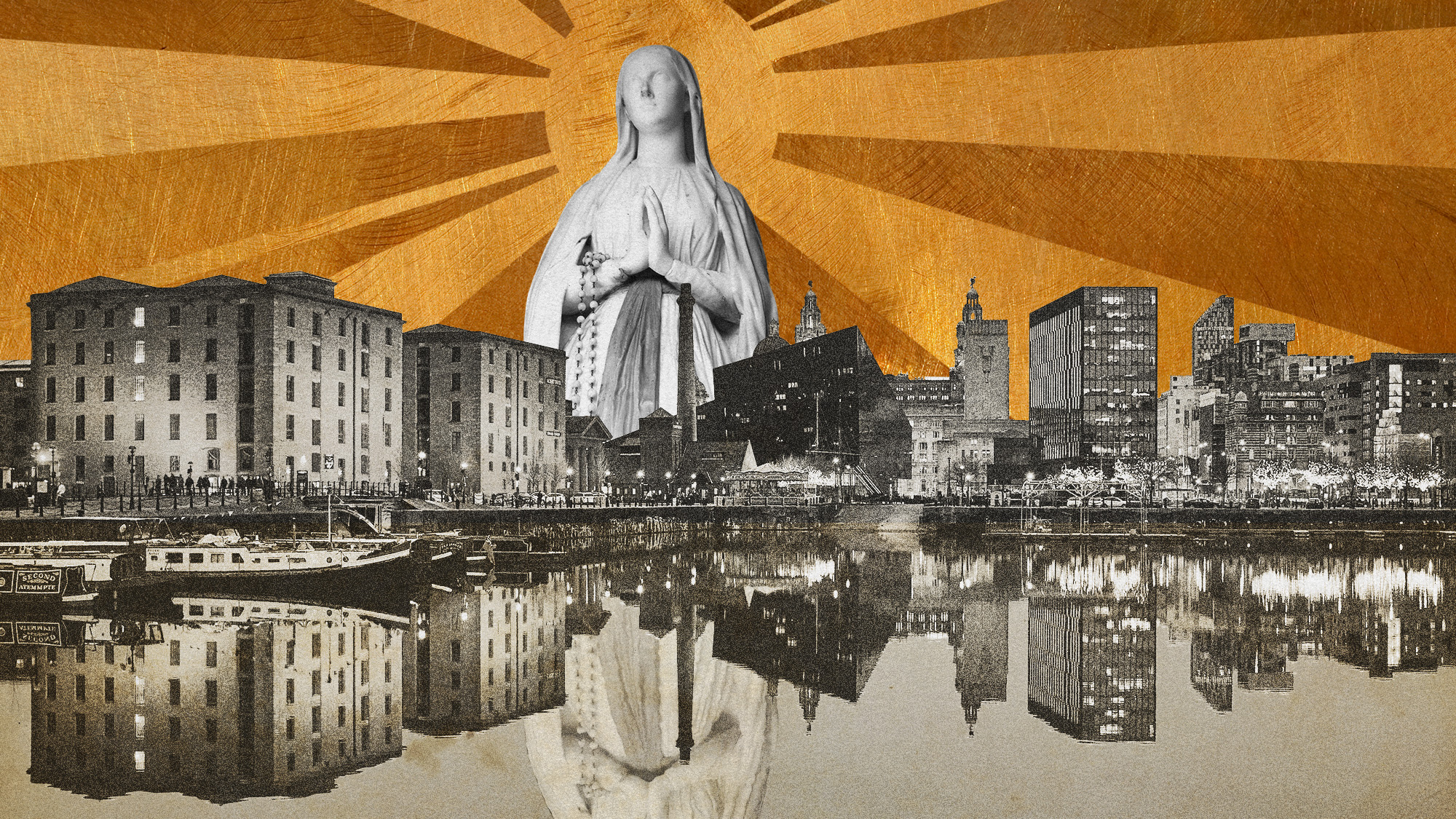 Liverpool's Lourdes miracle
Liverpool's Lourdes miracleUnder The Radar The inexplicable recovery of a young man more than a hundred years ago has been recognised as an official 'miracle' by the Archbishop of Liverpool
-
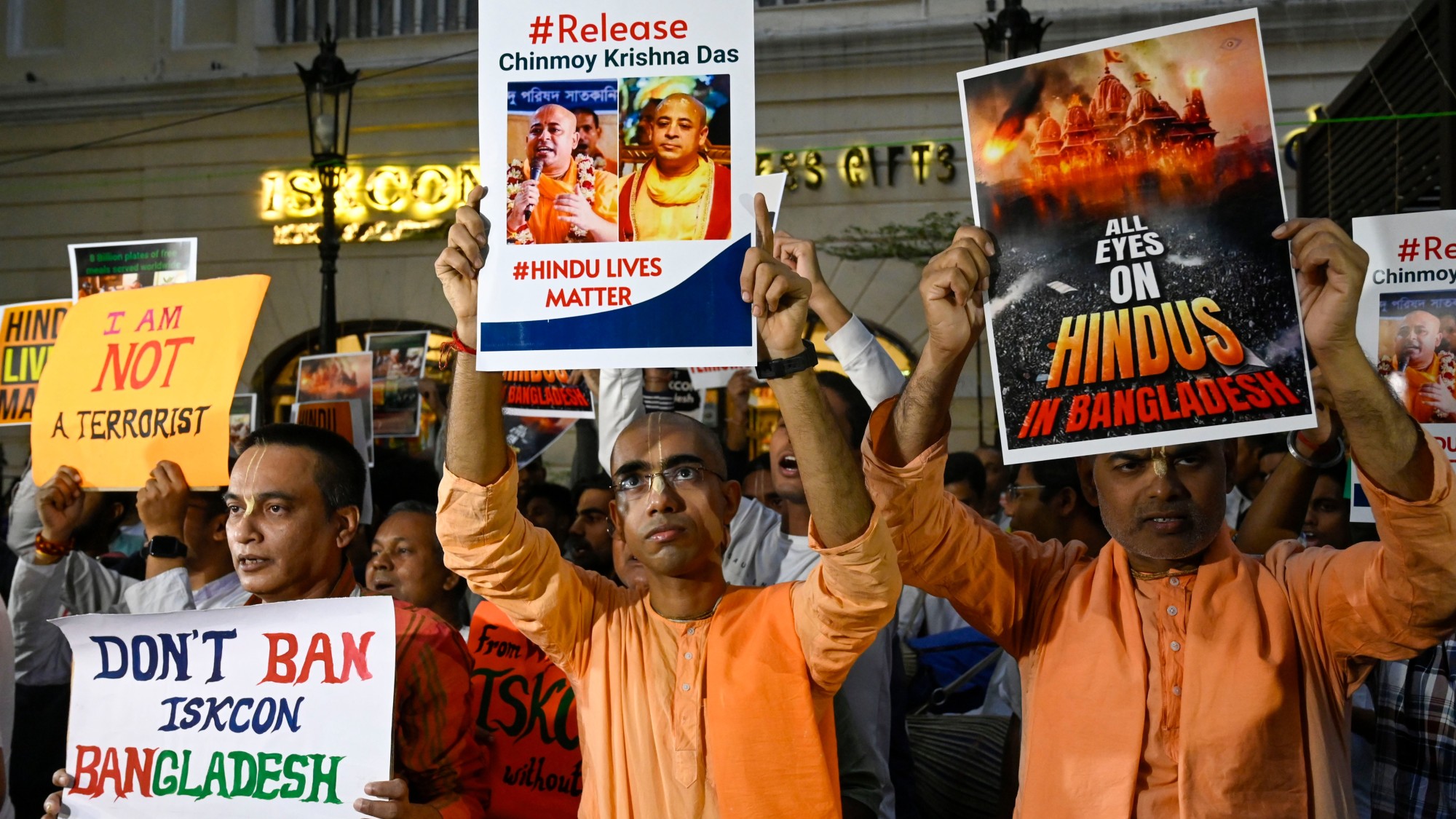 Why India is concerned at Bangladesh's 'Hinduphobia'
Why India is concerned at Bangladesh's 'Hinduphobia'The Explainer Arrest of monk Chinmoy Krishna Das stokes safety concerns for Hindu minority in Bangladesh
-
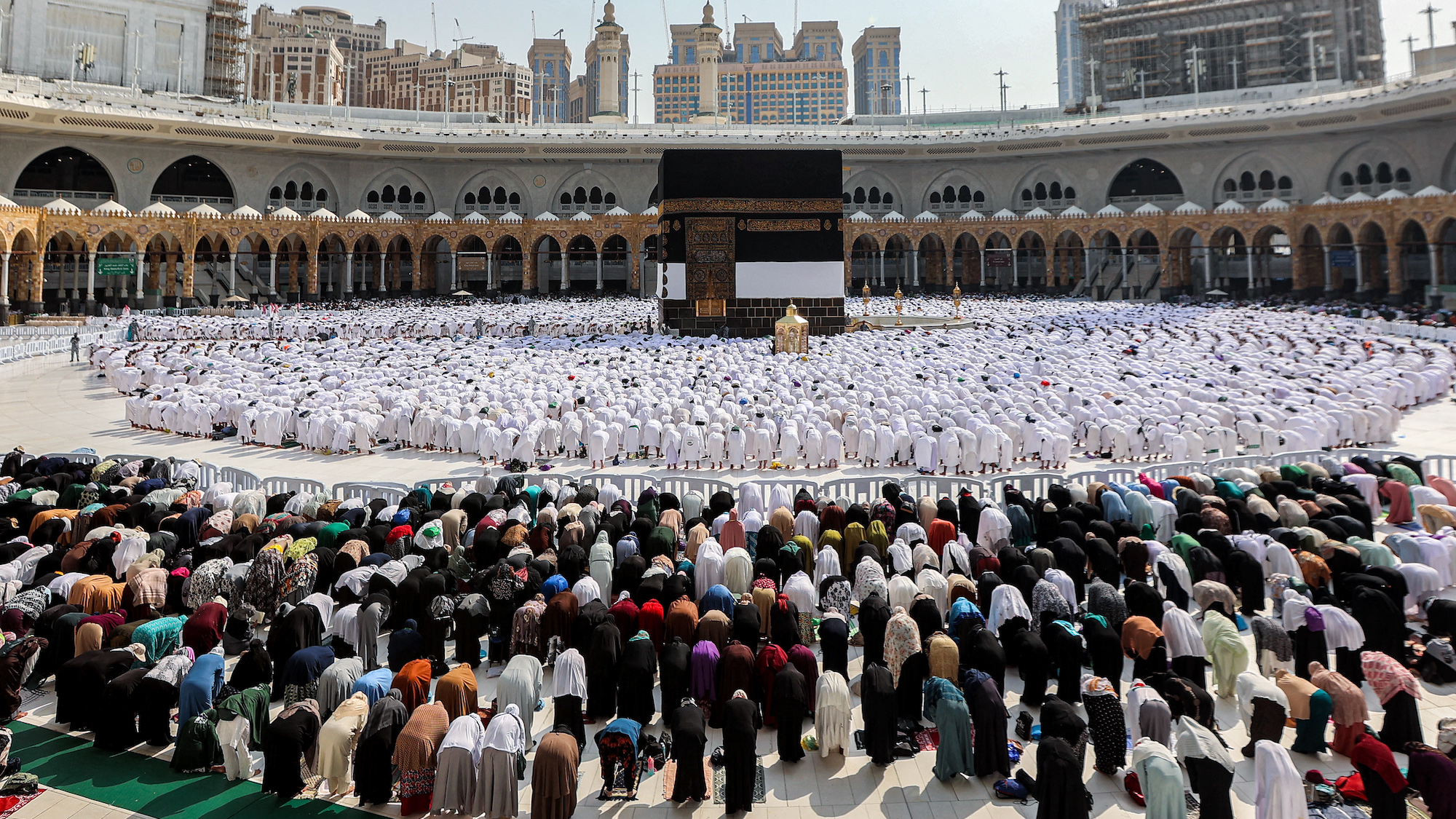 The unauthorised pilgrims sneaking into Mecca
The unauthorised pilgrims sneaking into MeccaIn the Spotlight Saudi authorities are warning of heavy fines for those caught travelling to the holy city this month without a permit
-
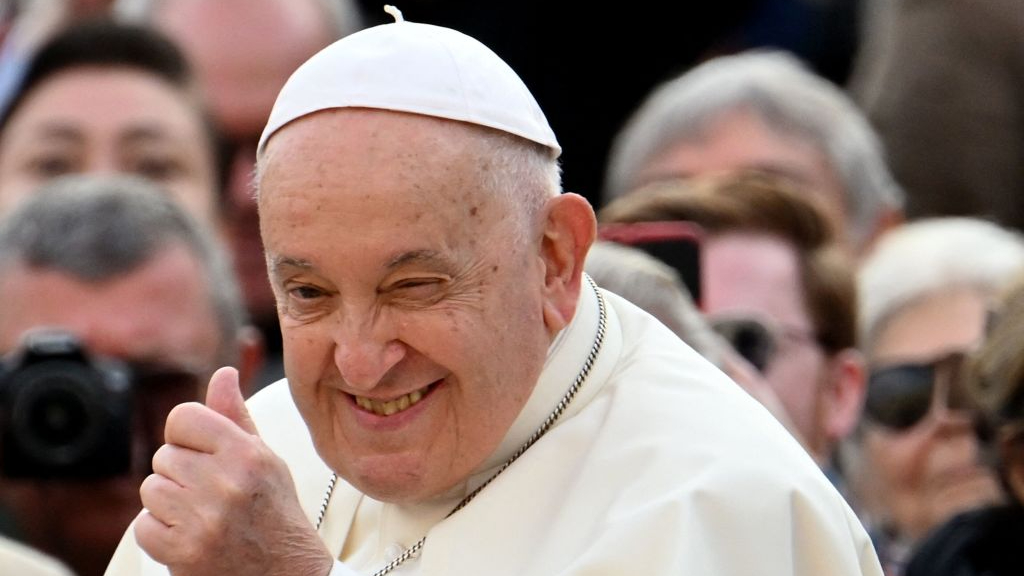 The Vatican half-embraces transgender Catholic godparents, wedding witnesses
The Vatican half-embraces transgender Catholic godparents, wedding witnessesUnder the Radar Pope Francis signed off on a series of clarifications about the roles LGBTQ Catholics can play in the church, with ample theological fine print